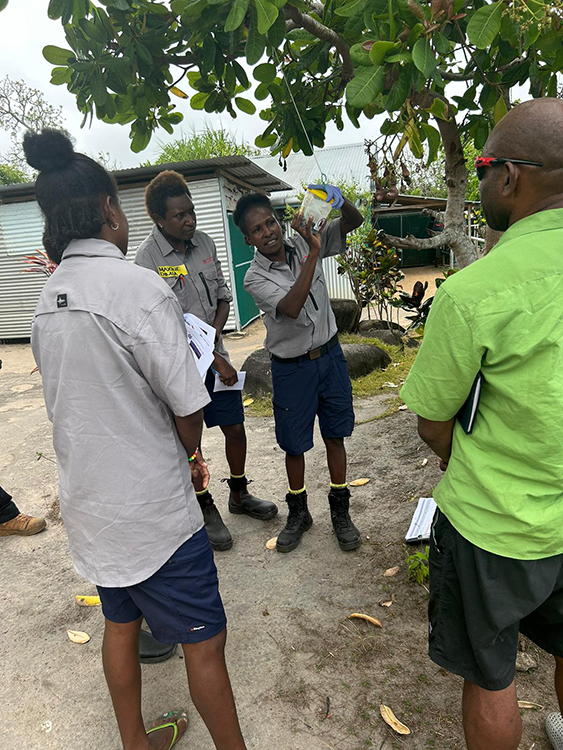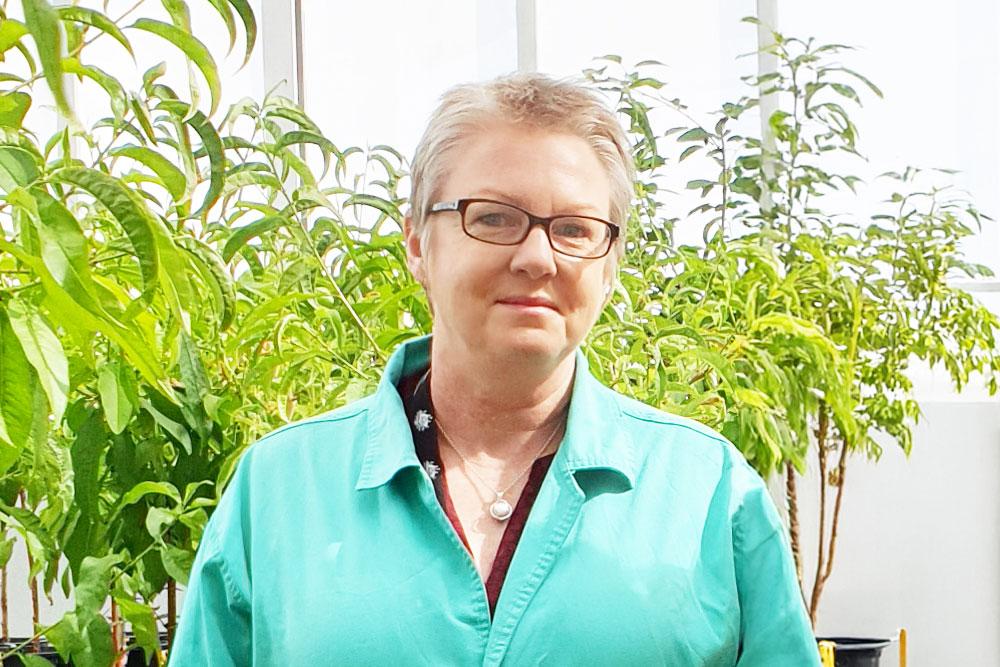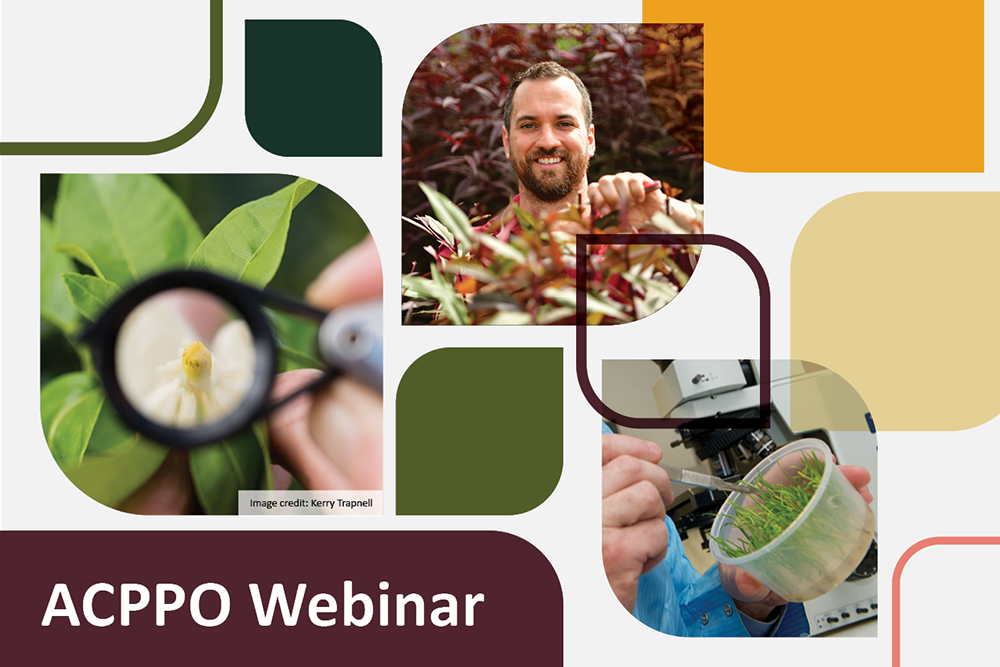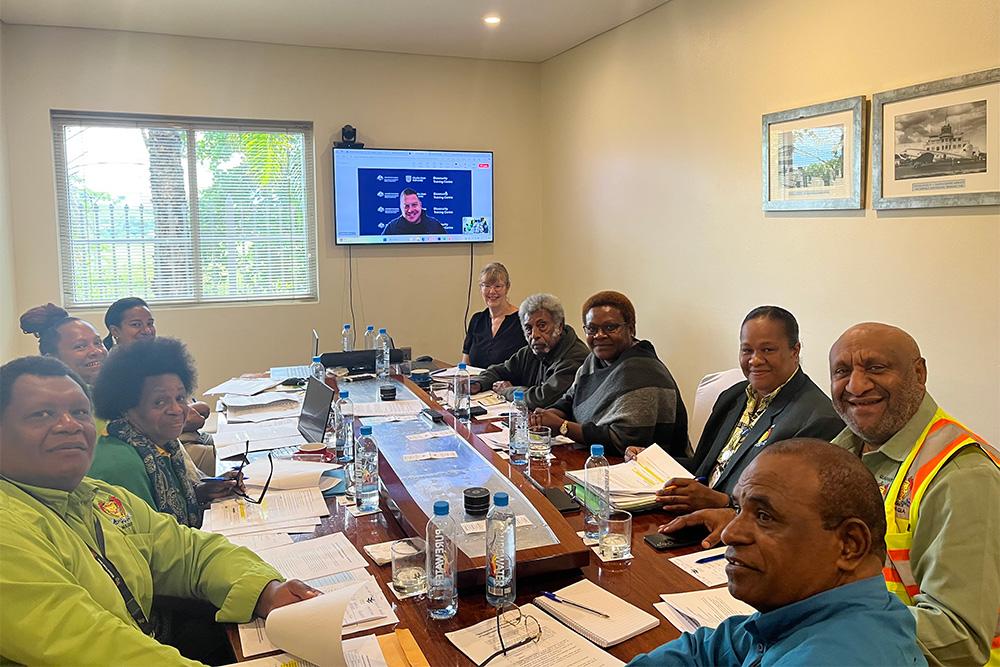Strong biosecurity partnerships are essential to safeguarding agriculture, ecosystems, and trade across Australia and the Asia-Pacific region. The Department of Agriculture, Fisheries and Forestry (DAFF) works closely with near neighbours across the Asia-Pacific to deliver animal and plant health initiatives to strengthen regional biosecurity and food security. The Australian Chief Plant Protection Office (ACPPO) and the Office of the Chief Veterinary Officer (OCVO) lead surveillance, capacity-building, and technical support programs that enhance biosecurity outcomes and protect agricultural industries.
A focus of ACPPO and OCVO is supporting biosecurity surveillance efforts in Papua New Guinea (PNG) and Timor-Leste. Drawing on long-standing relationships with local authorities, animal and plant health surveys are co-delivered to identify emergency animal disease threats and priority plant pests, and support response and management activities. Upcoming surveys are planned in Timor-Leste in April 2025 and PNG in May 2025. In addition, ACPPO is delivering training in fruit fly trapping and proposed management under the Treaty Village Fruit Fly Trapping Program, with the goal to help prevent the spread of these destructive pests and improve food security.
ACPPO and OCVO are also partnering with countries in the region on a range of other biosecurity initiatives. With funding from the Department of Foreign Affairs and Trade (DFAT), ACPPO, OCVO and Timor-Leste’s Ministry of Agriculture, Livestock, Fisheries and Forestry are co-delivering the Timor-Leste Biosecurity Development Program, which strengthens Timor-Leste’s capacity to meet international standards, facilitating the safe trade of products. A key milestone has been the development of a priority plant pest list, as well as training in import risk analysis and rabies management.
The Pacific Biosecurity Partnership Program operates across several countries to strengthen regional biosecurity capacity and capability. Late last year, the program supported a Regional Sea Container Biosecurity Strategy workshop in Fiji, aiming to reduce pest risks associated with sea containers, protecting the region’s ecosystems and trade. This year, the program will include two new projects in Vanuatu, delivering support in border biosecurity operations and animal health and livestock.
The PNG Biosecurity Twinning Program focuses on improving PNG’s biosecurity capabilities. This new 3-year program aims to enhance the country’s ability to manage border biosecurity risks, respond to plant pest and animal disease incursions, and build the biosecurity system capabilities required for market access of agricultural products. As part of this initiative, a Program Manager will be based in PNG to work closely with the National Agriculture and Quarantine Inspection Authority, and the initial Program activities in 2025 will include a workshop to update border inspection operating procedures and Incident Management Team training.
OCVO is also committed to paraveterinary training across the Pacific. Last year, through the DAFF Pacific Paraveterinary Partnerships Program, the OCVO conducted 12 international visits across six countries, training over 100 animal health officers in veterinary diagnostics, disease surveillance and response, record-keeping, meat hygiene and food safety. These training efforts help strengthen regional veterinary services and improve disease response capacity. This program is funded under DFAT’s Partnerships for a Health Region initiative.
Through these initiatives, ACPPO and OCVO are working collaboratively with counterparts to bolster regional biosecurity to mutual benefit.




